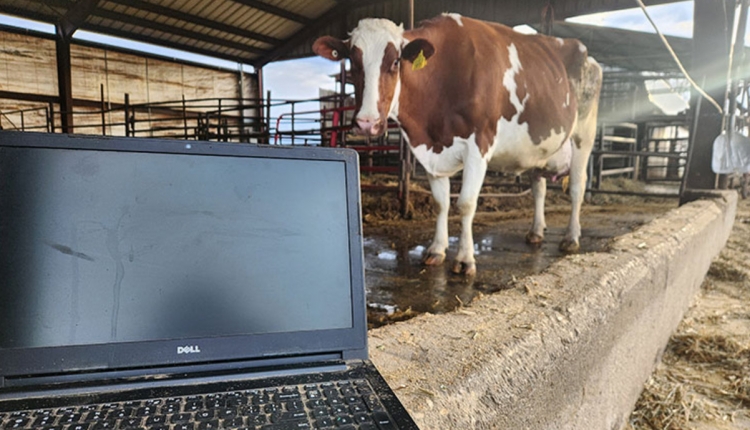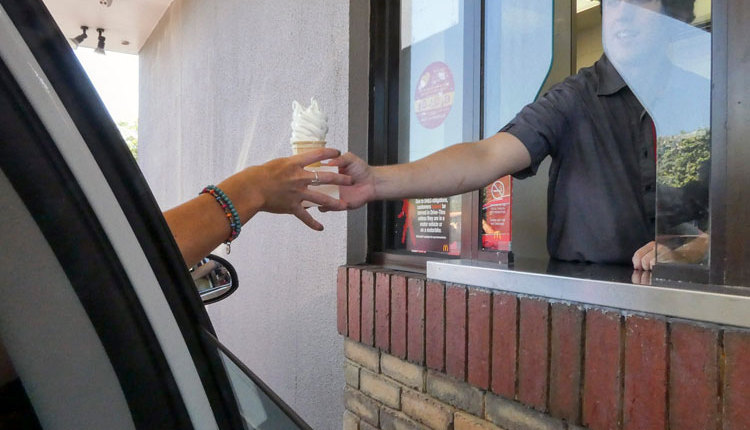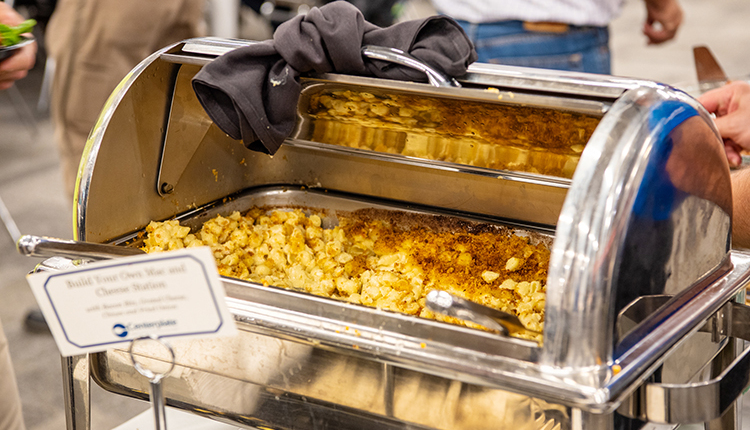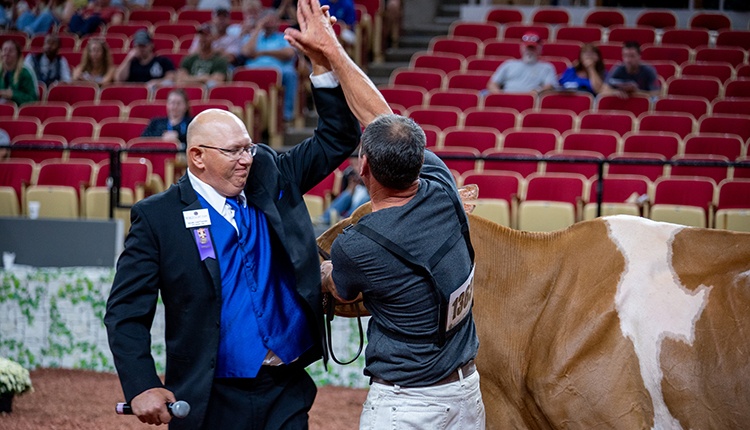 Most of us, at some point in our lives, will find ourselves in a leadership position. While many dairy farmers choose their profession based on a desire to work with animals, supervising people has also become a necessary part of the job. As a boss, you must become a leader to your team.
Most of us, at some point in our lives, will find ourselves in a leadership position. While many dairy farmers choose their profession based on a desire to work with animals, supervising people has also become a necessary part of the job. As a boss, you must become a leader to your team.According to Bernie Erven, professor emeritus at The Ohio State University, one of the foundational blocks of effective team leadership is delegation.
"One person can't do it all," he said during his presentation at the Dairy Calf and Heifer Association's (DCHA) annual meeting. "Increasing size and complexity of businesses makes delegation essential."
Unfortunately, delegation doesn't come easily to most people. "Delegators have to learn to delegate," Erven explained. "It's not a natural skill or ability."
The good news is that Erven believes people can learn this skill. He offered the following suggestions to help dairy farmers improve their delegation abilities.
- Define what is to be delegated.
- Delegate to the right people.
- Assess people's abilities and training needs.
- Explain the assignment and the importance of the job, provide adequate training, set deadlines, and be sure the person knows why they were chosen for the responsibility.
- Describe in detail the responsibility being delegated.
- Solicit questions, suggestions, and concerns.
- Regularly incorporate on the job training.
- Be encouraging.
- Provide feedback.
- Stay in contact with the person responsible without hovering.
- Provide recognition and reward upon completion or at appropriate intervals.
He also noted that the mentality "I can do it faster, better, or easier myself" are obsolete excuses for avoiding delegation. "Until you learn to delegate, your teams are unlikely to be successful," Erven said. "Delegation is fundamental to effective teams."
The next webinar is May 9, 2016: Strategies for nonpregnancy diagnosis in dairy cows presented by Paul Fricke, University of Wisconsin-Madison Brought to you by Parnell
(www.parnell.com)
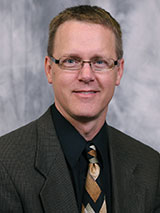 Paul Fricke from the University of Wisconsin-Madison presents Strategies for nonpregnancy diagnosis in dairy cows. Early identification of nonpregnant cows is key to any reproductive program. He will discuss the latest data on traditional and emerging methods of nonpregnancy diagnosis and the best ways to incorporate these technologies to improve reproductive performance on your farm.
Paul Fricke from the University of Wisconsin-Madison presents Strategies for nonpregnancy diagnosis in dairy cows. Early identification of nonpregnant cows is key to any reproductive program. He will discuss the latest data on traditional and emerging methods of nonpregnancy diagnosis and the best ways to incorporate these technologies to improve reproductive performance on your farm. Register by clicking here or on the webinar title. Do yourself, your employees, and your farm a favor and expand upon your delegation skills. Everyone stands to benefit when you learn how to appropriately share the workload with your team.
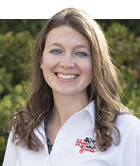
The author is an associate editor and covers animal health, dairy housing and equipment, and nutrient management. She grew up on a dairy farm near Plymouth, Wis., and previously served as a University of Wisconsin agricultural extension agent. She received a master's degree from North Carolina State University and a bachelor's from University of Wisconsin-Madison.




